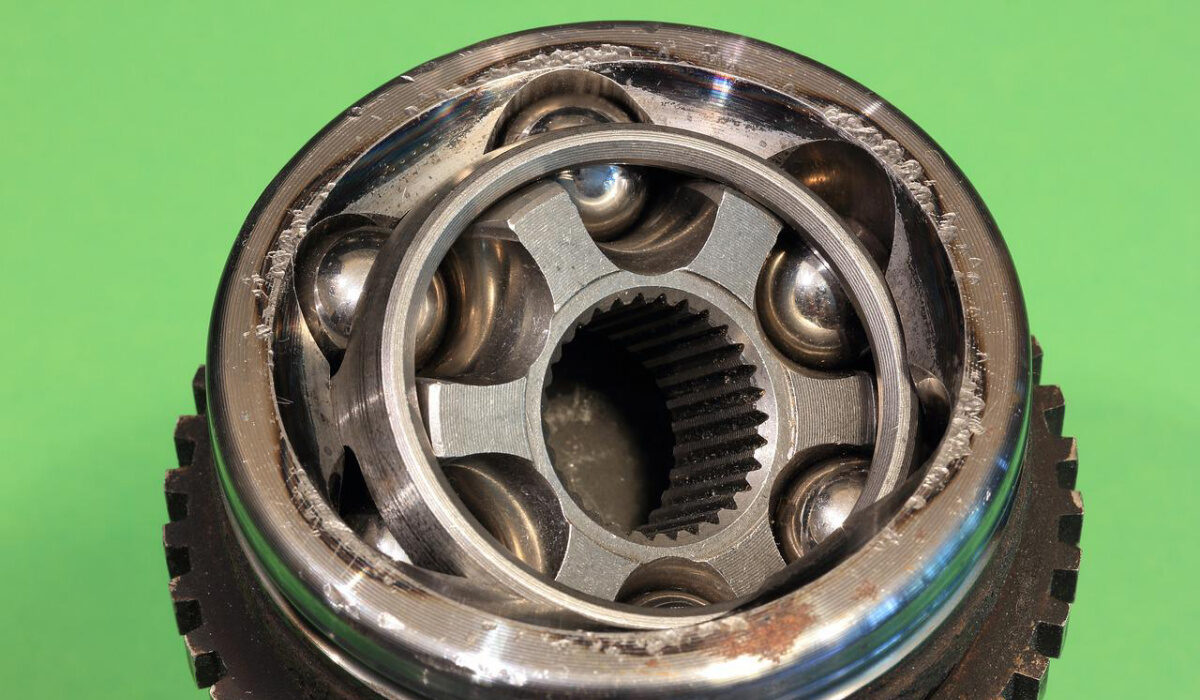Ball joints are an important suspension component found on virtually all modern vehicles. The ball joint is a spherical bearing in a socket, which serves as one of the main suspension pivot points connecting the control arms of the vehicle to the steering knuckles. Now, the front ball joints allow the front wheels and suspension to move back and forth as well as up and down when the steering wheel is turned and the vehicle is travelling over the road. It is, therefore, an important component of the car, and if it develops problems it could be costly to repair. Here are signs that you might have failing ball joints:
CLUNKING NOISES FROM THE FRONT SUSPENSION
As ball joints wear out they become loose in the socket and rattle and knock as the suspension travels up and down over the road. Failing ball joints may knock or clunk when traveling on rough roads, speed bumps, or when turning. Usually, the clunking will get progressively louder the more the ball joints wear, until they completely fail and break.

EXCESSIVE VIBRATION FROM THE FRONT OF THE VEHICLE
Worn ball joints will be loose in their sockets and vibrate excessively as the vehicle is in motion. The vibration will usually start from the affected ball joint, ether from the right or left sides of the vehicle. In some cases, the vibration may be felt thought he steering wheel as well.
STEERING WANDERING TO THE LEFT OR RIGHT
When the ball joints are in good condition and the wheels are n pope alignment, the steering wheel should stay mostly straight and direct in response. Worn ball joints will cause the vehicle steering to wander or drift to the left or right, which would require the driver to compensate for the issue.
WHEN TO REPLACE FAILING BALL JOINTS
Ball joints should have grease added to them every time the vehicle’s oil is changed. This should be every 3000 miles. Ball joints may last 70,000 to 150,000 miles or more, depending on usage, road conditions and exposure to road splash and salt. If a joint is won, it has reached the end of its service life, and should be replaced immediately.
- Don’t miss our mobile phone reviews.
- Follow our news on Google News.
- Join our WhatsApp Group, to be notified of the most important articles and deals,
- Follow us on Instagram, Facebook, Twitter, and YouTube.

